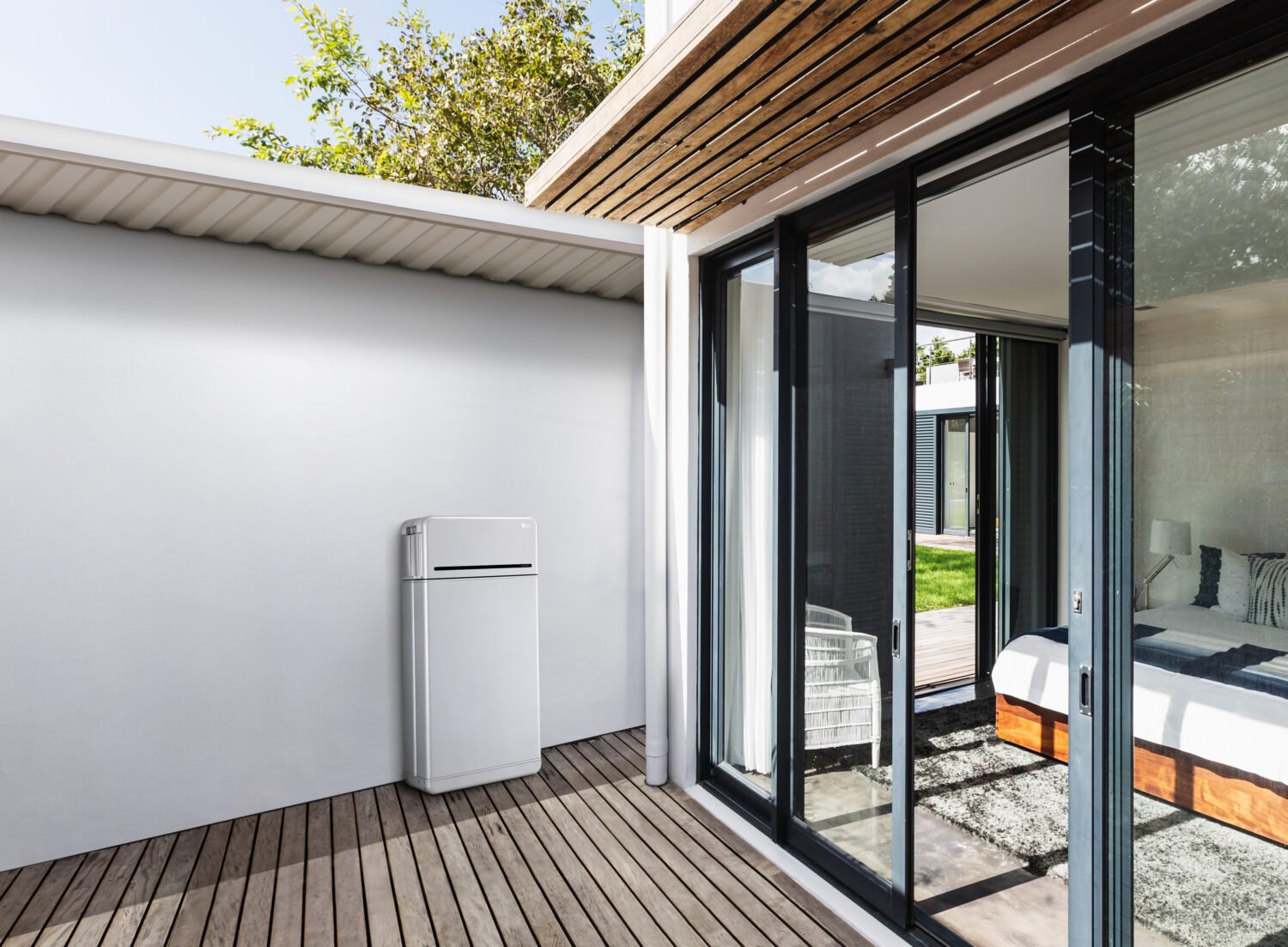Being a certified B Corporation means that we're part of an impact-driven global collective working to inspire a shift to a more sustainable, inclusive future. This is just the beginning.
Read MoreIf you want to save more money, reduce your impact on the environment, and prepare for an increasingly uncertain future, coupling solar with battery storage may be the perfect option for your home.
Read MoreAcross Florida, there’s a growing movement to couple solar panels with on-site battery energy storage solutions (BESS). When done correctly, this combination can boost your monthly savings and reduce your environmental impact even more.
Read MorePaying for your own school’s PV system is a lot easier than you think – especially when you partner with PV professionals who have experience helping schools go solar, save money, and shrink their carbon footprint.
Read MoreThis article explores why more across the country are embracing solar power as a strategy to increase their financial and environmental savings.It also explains how your own school can join this growing movement and start reaping similar benefits (without breaking the bank).
Read MoreResidents in Florida are rejoicing as a controversial bill that would let utility companies limit how much solar customers could sell their excess energy back for has been vetoed.
Read MoreIn 2000 the non-profit FGBC brought together industry professionals from the construction, government, academic, and research communities to create green building standards tailored specifically to Florida. Celebrating its 22nd year, the non-profit FGBC has certified over 27,000 projects “Florida Green” since being founded. Scholarships like this, now in their sixth year, promote educational opportunities for individuals to build successful construction careers within the green building industry.
Read MoreAfter final installation of your solar panels can be one of the most frustrating part of the solar process! You’ve been researching (some people for years), you made the decision and now your panels are up and you are connected to the grid. Exciting right? Unfortunately, this is the time when our customers tend...
Read MoreThe Investment Tax Credit (ITC) is currently a 26 percent federal tax credit claimed against the tax liability of residential (under Section 25D) and commercial and utility (under Section 48) investors in solar energy property.
Read MoreNon-renewable energy, otherwise known as finite, includes any form of energy that is derived from sources that were formed on the earth billions of years ago. Which means we have to keep digging deeper and deeper into the earth to find more.
Read MoreWith more and more energy being used in our homes, the energy grid becomes more in demand. To meet these demands, we need more natural resources. Smart thermostats enable you to…
Read MoreIf you have been interested in going solar, kW and kWh have most likely come up a few times. If you are confused by this, don’t worry. It’s easy to get kilowatt (kW) and kilowatt-hours (kWh) mixed up when talking about energy consumption. The main difference between kWh and kW is in what they measure. To put it simply, a kilowatt is a measure of power and a kilowatt-hour is a measure of energy; power is the rate at which something uses energy, and energy is the capacity to do work.
Read MorePower outages, especially in Florida is something you can almost count on. They occur during or following a major storm, like a tornado or for us Floridians, a hurricane. Other times, they can occur out of the blue, when a transformer blows or a power company's equipment fails.
If you have lived in Orlando for any amount of time, you can Imagine a real situation where the power goes out and stays out for days. Goodbye, fridge and freezer contents. And if you are like man others and work from home, an extended power outage could cost you not only inventory but also new customers.
15 lightyears has been doing Green Certification since 2012 in Central Florida. Since then, there have been some major advances in the way homes are built, especially as it applies to the areas of technology and building science. Because the application of these practices can vary greatly from one builder to another the FGBC has created green building standards that allow it to certify that a builder has applied the industry’s best practices for sustainable, like…
Read MoreYou can also listen from these platforms:
Read More


















